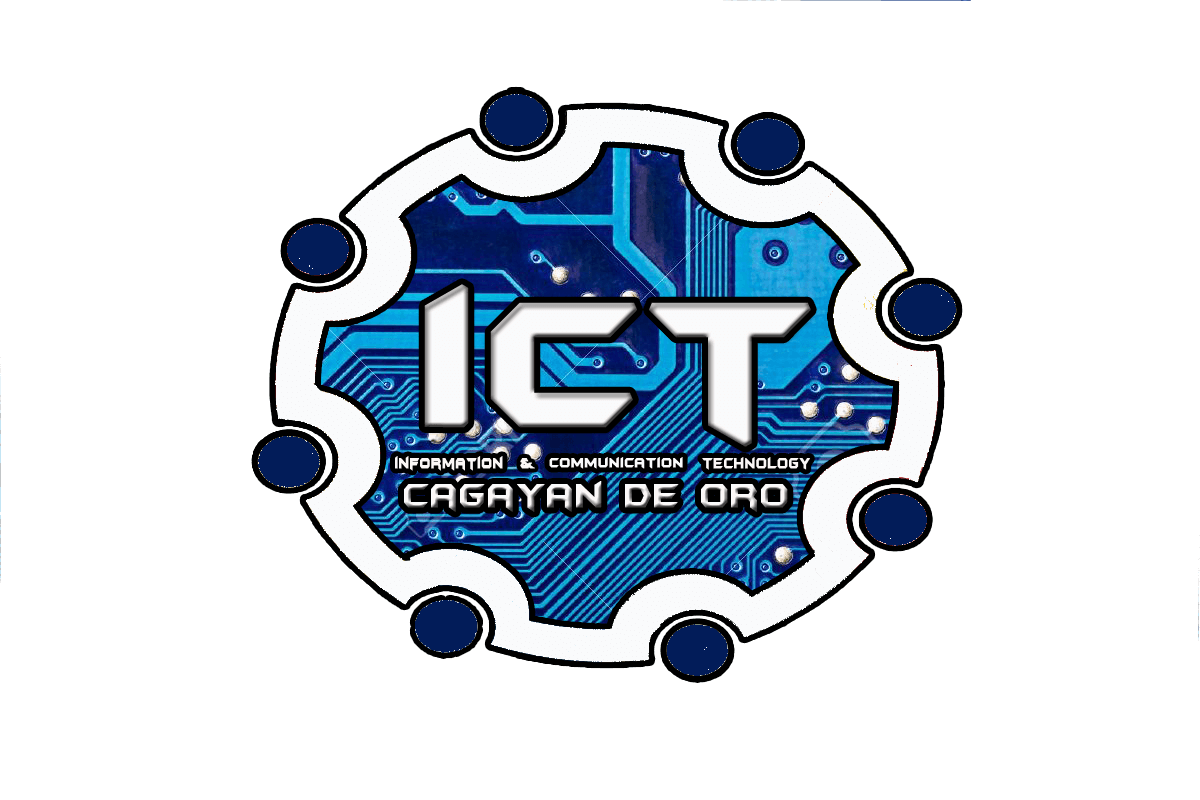"Peace I leave with you; My peace I give to you".
John 14:27
Ancient religions have acknowledged the importance of inner peace as a prerequisite to external peace. In the present, many studies have shown that negative emotions are associated with the release of stress hormones and physical stress response. Serious, sustained stress or fear can alter biological systems in a way that, over time, adds up to wear and tear and eventually, illnesses such as heart disease, stroke, and diabetes. Chronic anger and anxiety can lead to hypertension and coronary artery disease. Knowing healthy coping strategies can help you manage stressors without self-medicating with food or other substances.

Inner peace or peace of mind is the deliberate state of either psychological or spiritual calmness despite stressors. It is a state of being at peace, with enough knowledge and understanding to keep oneself strong in the face of stress (Barua, 2014).
There are many recommendations to attaining inner peace, from mindfulness, meditation, yoga and taichi. However, these practices take time to learn. This article focuses on mental steps you can use immediately.
Establish healthy emotional and physical boundaries.
The people you surround yourself with affect the way you think, feel, and behave. Don't
waste your time and energy trying to change toxic people who lie, gossip, bully or cheat.
You are responsible for your choices, but there are factors beyond your control.
Other people's choices are not your responsibility. Whether it's a failed relationship or an
accident, not everything is your fault. Thinking it is will affect the way you see yourself and
the world around you.
Refuse to give in to instant gratification or temporary indulgences.
Be willing to put in the hard work it takes to gain contentment. Don't think you need to be
happy all the time as momentary pleasure is much different than long term satisfaction.
When there is a conflict between long-term and short-term happiness, choose the former.
Face your fears, venture into unknown areas, test your limits.
According to the Dalai Lama, the person who has had more experience of hardship can
stand more firmly in the face of problems than the person who has never experienced
suffering.
Be comfortable in your own skin.
Focus on living according to your values. Don't waste time worrying about whether
other people approve of your choices. Depending on admiration from others gives others
power over you.
Practice gratitude and appreciate what you have instead of what you lack.
Being thankful and appreciating what you receive, whether tangible or intangible, makes
you realize that the source of goodness lies at least partially outside yourself, and helps
you connect to people, nature, or a higher power.
The world is not out to get you.
If you blame all of your problems on external circumstances, then you'll never be able to
take responsibility for your life. Focus on things you can control and get out of the victim
mentality.
Let go of grudges.
Clinging to anger and hatred only reduces your life and does not punish anybody else.
Focus your energy on more worthwhile causes. According to the Dalai Lama, your mental
attitude is your ultimate source of happiness.
Don't get too attached to material things.
Acquisition and enjoyment of material things is necessary for well-being but too much
attachment will lead to discontentment and always wanting more. According to the Dalai
Lama, while money is very useful and necessary, it is not the ultimate source of happiness.
Accept that you are going to fail and make mistakes.
Striving for excellence is healthy, but insisting on perfection is a battle that can never be
achieved. Acknowledge your flaws and weaknesses and don't be afraid to ask for help,
whether from a higher power, from a professional, or from a friend. Gain strength from
others.
The world we live in can be both terrible and wonderful, sometimes all at the same time. Learning to control your thoughts is the key to affecting your reality.

Sources:
10 Things Mentally Strong People Give Up to Gain Inner Peace. Amy Morin. Inc. Life Newsletter
The Dalai Lama's Little Book of Inner Peace: The Essential Life and Teachings.
Harvard School of Public Health. The biology of emotion - and what it may teach us about helping people to live longer.


